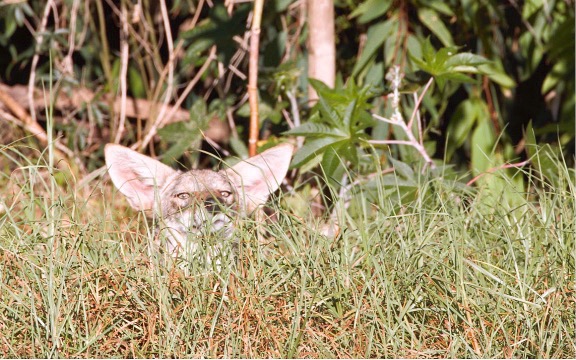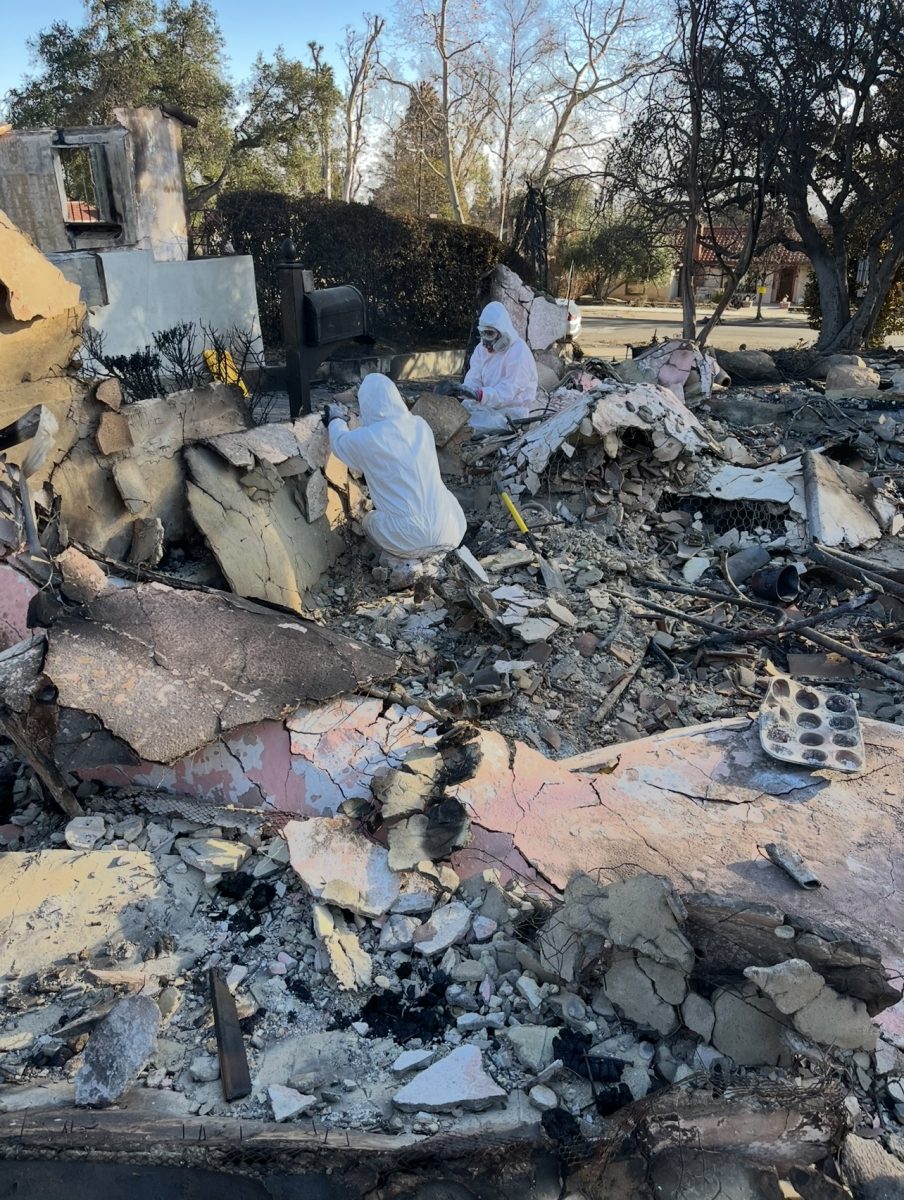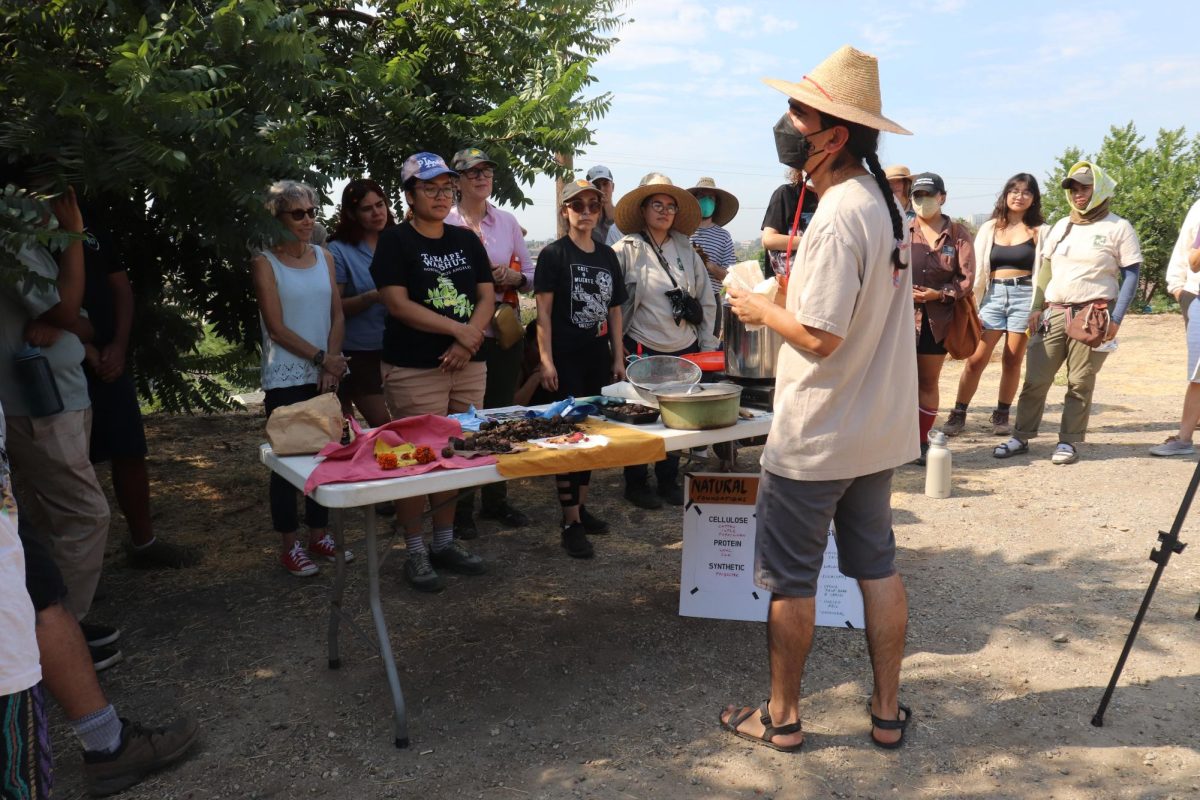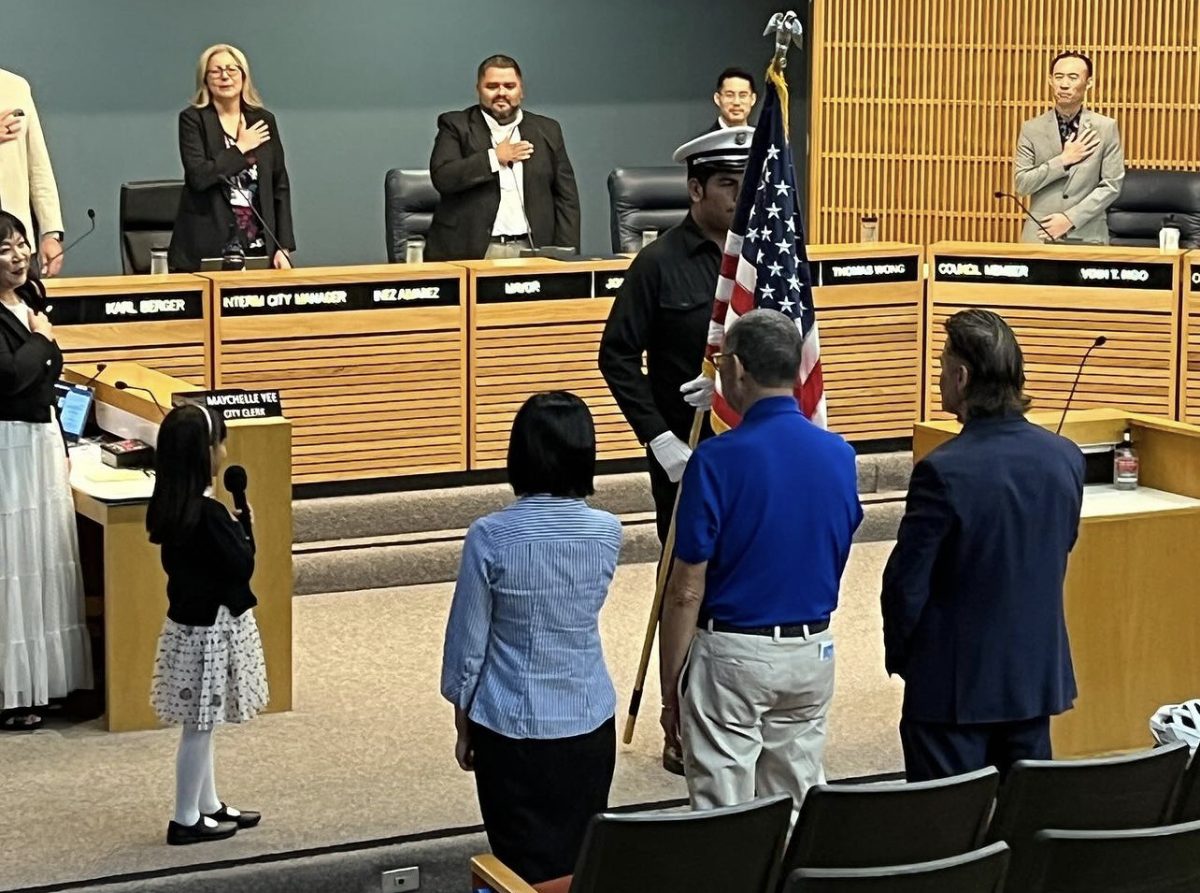Hungry Coyotes roaming the neighborhood? Check.
Coyotes becoming bolder and coming closer to humans? Absolutely.
Coyotes preying on pets? Sadly, yes.
Coyote sightings and attacks on pets have been reported so frequently in Alhambra that the city has a whole webpage about it. The more coyotes find easy-to-get snacks in a neighborhood, like fruits fallen from trees, edible compost, pet food left out — or even pets themselves — the more they’ll keep coming back.
Lorena Moran is an Alhambra resident that leaves her house around 5:30 a.m. to head to work but one morning about two years ago, she was shocked after witnessing a coyote attack her beloved pet.
“I go to work and we get out of the house really early and we do have to be careful because we have seen [coyotes] there and they once attacked our…puppy. Luckily, our neighbor saw it and kind of scared the coyote away and left the puppy alone,” said Alhambra resident, Lorena Moran.
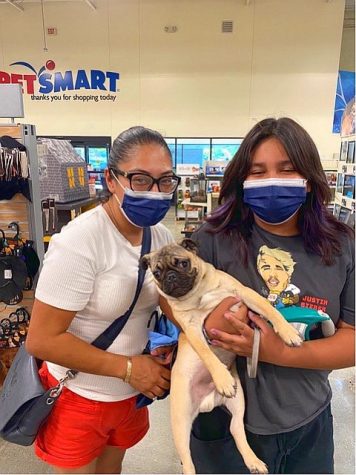
Moran has become more cautious now as she protects her new dog who has stricter and enforced curfew hours.
As fall approaches, young coyotes start to establish themselves apart from their parents, according to Ken Pellman, public information officer of the County of Los Angeles Agricultural Commissioner/Weights & Measures. This can result in people being more likely to notice coyotes, especially local Alhambra residents.
“Especially over the past few years, we’re seeing more and more coyotes in areas you wouldn’t expect,” said John Gil, the veterinarian, and owner of Alhambra Veterinary Hospital.
Gil is a Los Angeles native who has always had a love for animals. He dedicated several years helping aid and save pets, many of which came across vicious coyotes.
“They are roaming neighborhoods, they’re roaming streets, they are being very brave. They don’t back off, they will kind of taunt you with your pets. I’ve seen them track my mom’s small dogs and one time she was walking, there were three walking behind her just kind of seeing if the small dog would venture out,” Gil said.
Robin Marbelle, a Cal State LA professor of Child and Family Studies and the Honors College, currently lives near Alhambra and has seen coyotes.
“I have had more sightings than usual, the last couple of years in particular, probably because it’s been so dry. I see coyotes sometimes about seven days a week and I have to hide my dog,” she said. “I know a lot of my neighbors and people all over are totally concerned about it, I think it’s a big issue now.”
Alhambra resident Dontrell Harbaugh even started an informal petition on Change.org for the Alhambra City Council to take more action about coyotes on the loose. It had 139 signatures as of this week.
Coyotes are known to be territorial animals, a major reason coyotes will naturally see pets as a threat or an easy meal. However, the primary issue for county officials is if a coyote begins to get aggressive with residents.
“We place human life above a coyote’s. Unfortunately, we can’t legally relocate coyotes so in those cases, they are euthanized,” said Pellman, from the county.
Although Alhambra residents are usually fine, coyotes can be vicious, and “nine out of 10 times, [pets] come in dead on arrival,” Gil said. “The ones that do make it, it’s very expensive because it’s a lot of hospitalization, a lot of surgeries to get them back because the coyotes are going for the kill.”
Pets that come into his office after coyote attacks mostly have neck injuries.
“Coyotes are good hunters. They go for the kill in the jugular. [Pets] usually come in with torn up necks and usually, they’re bleeding out by the time they get to us,” Gil said. “Sometimes it’s really life and death moments.”
Gil said people without pets or small children shouldn’t be too worried: “I don’t think they would look at you as food. If you leave them alone, they leave you alone.”
The city of Alhambra’s website advises a more proactive approach: “If a coyote is encountered, scare it away by yelling and acting aggressively, stomping your feet and waving your arms, and/or throwing rocks or other objects. It is important to maintain a coyote’s natural fear of humans.”
And, of course, if a coyote attacks you or your pet, the county advises calling 911 immediately.
Community News produces stories about under-covered neighborhoods and small cities on the Eastside and South Los Angeles. Please email feedback, corrections and story tips to UTCommunityNews@gmail.com.

